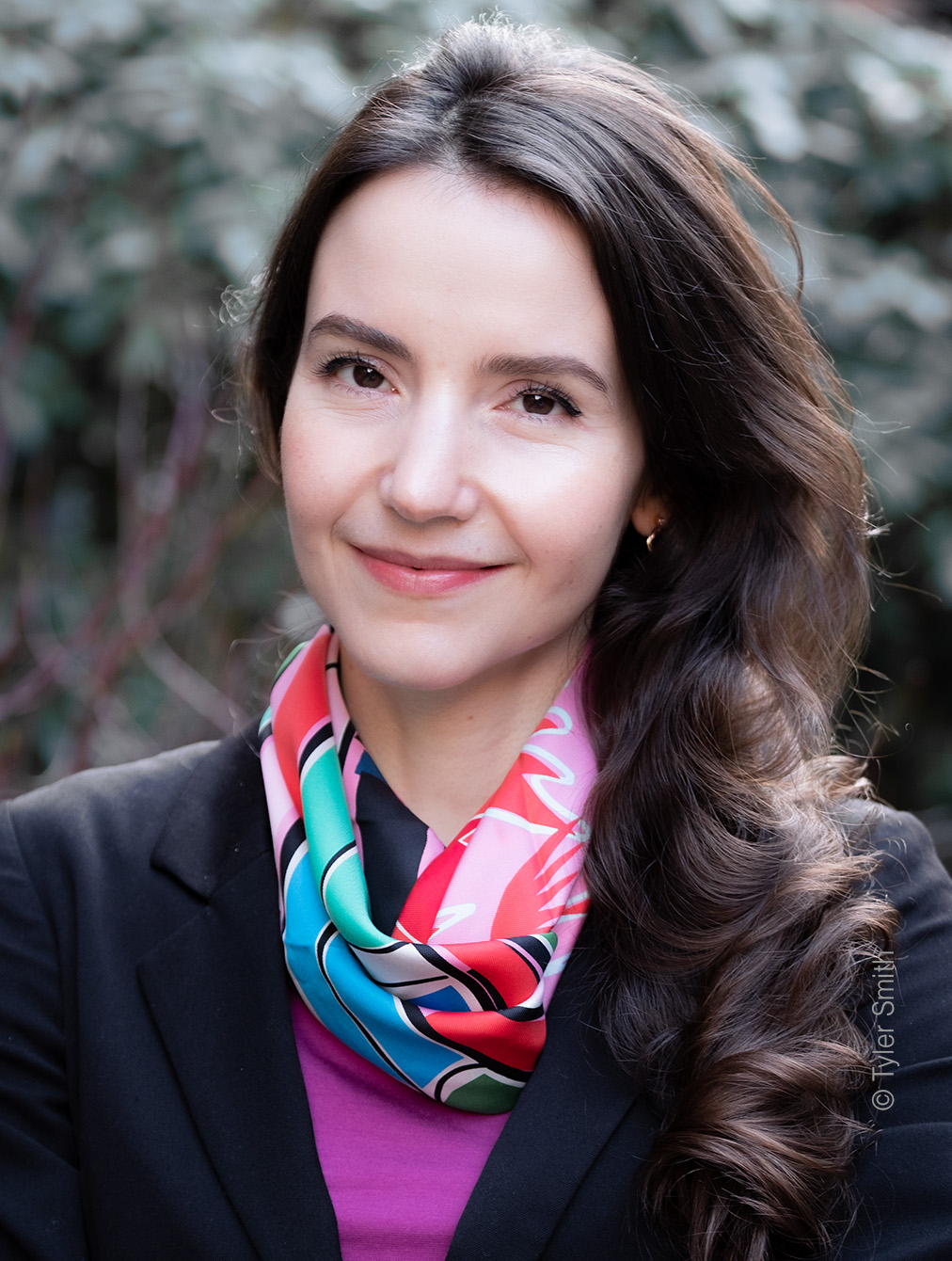
Eric Topol, M.D.
Founder and Director, Scripps Research Translational Institute (SRTI) | Bestselling Author, "Super Agers" and "Deep Medicine"
Dr. Eric Topol is an internationally renowned physician-scientist known for his pioneering work using artificial intelligence, deep data, and genomics in the practice of individualized medicine. He is the Executive Vice President and a professor of molecular medicine at Scripps Research, the largest non-profit biomedical institute in the United States, and founder and director of the Scripps Research Translational Institute. One of the top 10 most cited researchers in medicine, he is also a practicing cardiologist.
As director of the Scripps Research Translational Institute, Dr. Eric Topol is leading the charge to revolutionize healthcare and radically improve human health through individualized medicine, which uses AI and genomic and digital data to tailor diagnosis, prevention, and treatment to the unique biological and social profile of the individual rather than to the “average” human of traditional medical science.
Prior to joining Scripps Research, Dr. Topol led the Cleveland Clinic to notoriety as the country’s #1 cardiac care center for 10 consecutive years and founded the clinic’s medical school, the Cleveland Clinic Lerner College of Medicine.
In addition to 30 medical textbooks, Dr. Topol has authored several bestselling books on the future of medicine, including, Deep Medicine: How Artificial Intelligence Can Make Healthcare Human Again, The Patient Will See You Now: The Future of Medicine is in Your Hands, and The Creative Destruction of Medicine: How the Digital Revolution Will Create Better Health Care.
Dr. Topol’s newest book, Super Agers: An Evidence-based Approach to Longevity is a New York Times bestseller. It extends Dr. Topol’s expertise at the intersection of technology and medicine. 'A detailed guide to a revolution transforming human longevity,' this highly anticipated book focuses on the medical breakthroughs that will increasingly enable healthy aging and ever-extending life spans: With medical forecasting, physicians can determine the conditions for which an individual patient is at the highest risk, and use this information to practice preventative, rather than reactive, medicine.
In both his books and his speeches, Dr. Topol helps the layperson and medical insiders alike understand the present and future of medicine, and the breakthrough moment in the history of human health care on which we are currently embarking. Having spent his career consistently on the cutting edge of progress in healthcare, he speaks on how AI can help us now, what our immediate future will bring in terms of faster data, and the moves we should make to reduce medical errors and balance the human and AI in medicine.
As the principal investigator to two National Institutes of Health (NIH) grants totaling hundreds of millions of dollars that make this work possible (the All of Us Research Program in support of precision medicine, and a Clinical and Translational Science Award that promotes innovation in medicine), Dr. Topol is uniquely positioned to explain the latest breakthroughs and why we should expect them to continue.
Dr. Topol is the Editor-in-Chief of Medscape, an informational resource for clinicians and medical scientists, and from 2019 to 2023 hosted the platform’s Medicine and the Machine podcast alongside fellow Leigh Bureau speaker Dr. Abraham Verghese.
His Substack Ground Truths boasts over 123,000 subscribers with a mission to deliver reliable scientific information in a growing sea of mis- and disinformation.
He was commissioned by Britain's Secretary of State for Health and Social Care to lead a review into how pioneering treatments and technologies can transform healthcare delivery through the National Health Service. Published in 2019 as The Topol Review: Preparing the Healthcare Workforce to deliver the digital future, the document continues to guide NHS England into the future of healthcare, along with The Topol Digital Fellowship, an NHS Digital Academy program that trains health and social care professionals to lead digital health transformations and innovations in their organizations.
Honors and Credentials
- Named the #1 Most Influential Physician Executive in the United States, by Modern Healthcare Magazine
- Awarded the Simon Dack Award from the American College of Cardiology
- Awarded the Andreas Grüntzig Ethica Award from PCR
- Awarded The Charles Force Hutchison and Marjorie Smith Hutchison Medal from the University of Rochester, the university's highest alumni honor.
Dr. Topol attended medical school at the University of Rochester before completing his residency in internal medicine at the University of California, San Francisco, and his fellowship in cardiovascular medicine at Johns Hopkins University.
He was elected to the National Academy of Medicine, the American Association of Physicians, the American Society of Clinical Investigation, and the Johns Hopkins Society of Scholars.
Topics
Videos
Books
Articles
Podcasts
Testimonials
Request Availability
Download Bio
Artificial Intelligence
Patient-Centered Care
Disruption in Healthcare
Physicians & Other Providers
Technology Transforming Healthcare
Health Innovation
Improving Quality


























